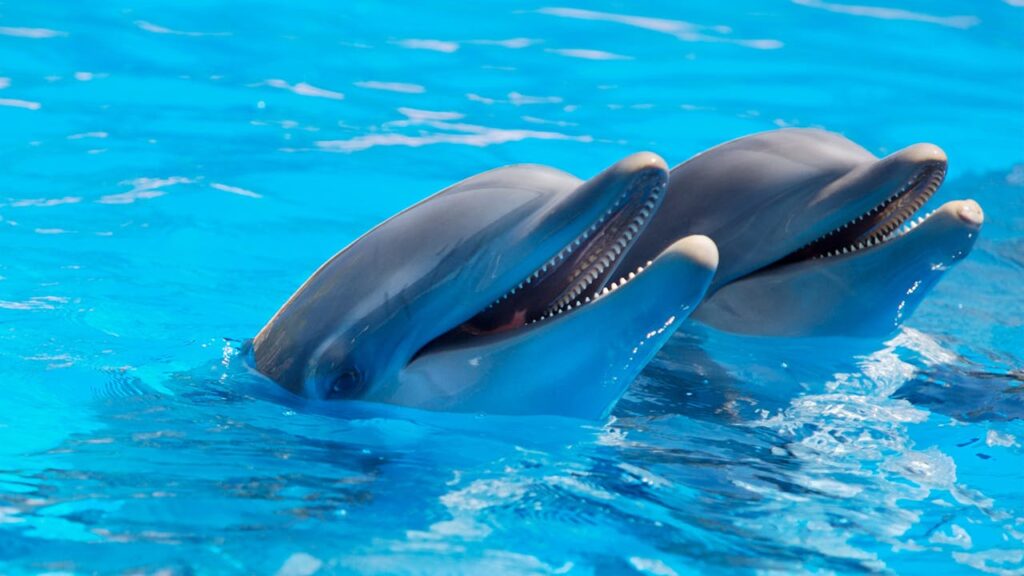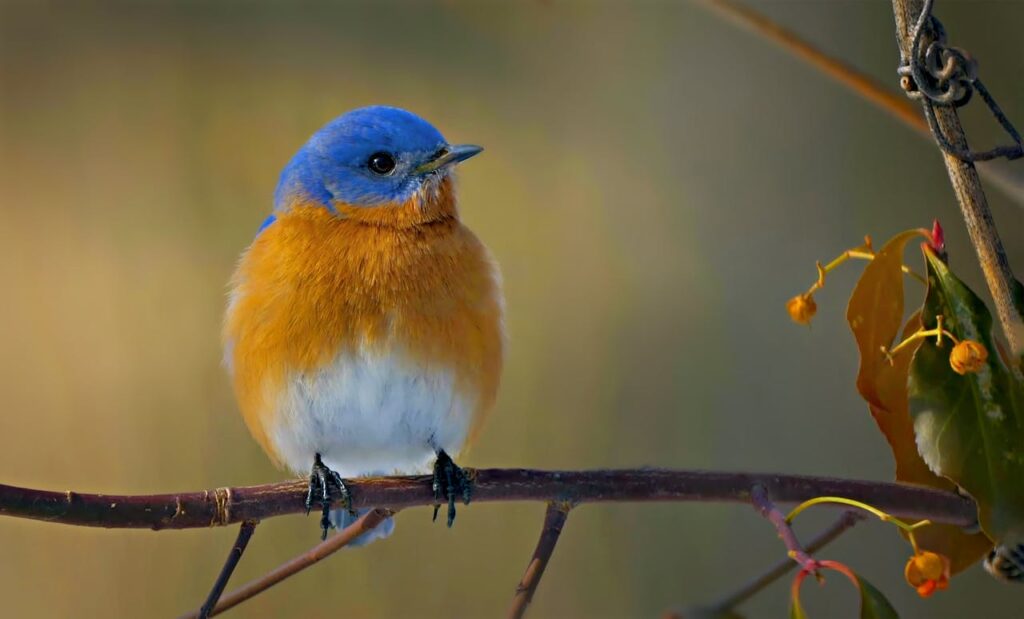Which Animal Represents Happiness Around the World?
Throughout history and across cultures, animals have taken on symbolic meanings that reflect human emotions, values, and beliefs. Among these, one of the most cherished symbols is happiness. While many animals may evoke a sense of joy, only a select few are widely recognized as emblems of happiness due to their behavior, cultural significance, or evolutionary traits. So, what animal truly represents happiness? The answer is rooted in both biology and human culture, and it may be more than one.
The Dolphin: Nature’s Joyful Ambassador
Dolphins are commonly associated with happiness, and for good reason. These highly intelligent marine mammals display an unmistakable zest for life. They leap through ocean waves, engage in playful behavior, and often exhibit what scientists refer to as “altruistic social bonding” with both their pod members and even other species.
Neurologically speaking, dolphins have a large limbic system—an area of the brain linked to emotions. Research published in Scientific American suggests that dolphin brains are structured to facilitate complex emotional states, including joy and empathy.
Why Dolphins Symbolize Happiness:
- Playful Nature: Dolphins often engage in games and acrobatics, even when not hunting or interacting socially.
- Positive Human Interaction: They’ve been known to rescue swimmers and interact positively with humans throughout history.
- Communication: Their intricate vocalizations and playful clicks reflect their dynamic emotional world.
The Bluebird: A Feathered Icon of Joy
In Western folklore, the bluebird is perhaps the most direct animal symbol of happiness. The phrase “bluebird of happiness” dates back to early European folklore and was popularized in English literary traditions in the early 20th century. Bluebirds, particularly the Eastern Bluebird (Sialia sialis), are known for their bright plumage and melodic song, which people instinctively associate with sunny days and peaceful moments.
Biologists note that bluebirds are often among the first migratory birds to return in spring, a season universally linked to renewal and happiness, which only adds to their joyful symbolism.
Elephants: Gentle Giants Spreading Joy
It may surprise some, but in parts of Asia and Africa, elephants are revered not only for their wisdom and memory but also as bringers of happiness and good fortune. In Hindu culture, the elephant-headed deity Ganesha represents prosperity and joy. Beyond myth, their behavior supports this symbolism, elephants touch trunks, show empathy, and “socially celebrate” reunions or communal events with trumpeting and playful gestures.
Highlights of Elephant Behavior and Emotions:
| Behavior | Interpretation |
|---|---|
| Trunk intertwining | Social bonding and affection |
| Play-fighting among juveniles | Indicates cognitive development and social joy |
| Emotional reaction to death | Demonstrates complex inner emotional lives |
Cultural Variations: Animals That Represent Happiness Globally
Depending on where you are in the world, different animals may be associated with joy, happiness, or emotional well-being. Here’s a quick snapshot:
| Animal | Region/Culture | Happiness Symbolism |
|---|---|---|
| Dolphin | Global, especially Greek and Polynesian | Joy, freedom, playfulness |
| Bluebird | USA and Europe | Personal joy, optimism |
| Elephant | India, Thailand, parts of Africa | Prosperity, good fortune, joy |
| Cricket | China, Japan | Happiness, luck, longevity |
| Frog | Japan, Native American traditions | Renewal, cleansing, emotional wellness |
The Science Behind Animals and Emotional Representation
Why do we associate animals with emotional states like happiness? From a psychological perspective, humans are inclined to anthropomorphize behaviors. When an animal smiles (like a dolphin’s natural mouth curvature) or performs playful actions (as seen in squirrels or otters), humans interpret it as a positive, even joyful, trait. Evolutionary biologists posit that animals who demonstrate well-being and harmony are often idealized in cultures that revere life, nature, and spirit.
This isn’t just anecdotal. Studies in ethology, the science of animal behavior, have shown that mammals like primates and canines also express contagious joy through laughter-like vocalizations and play circuits in the brain. Research published in the National Institutes of Health (NIH) confirms this shared neural foundation for joy and social play among many mammals.
So, Which Animal Best Represents Happiness?
While there is no single “universal” answer, dolphins frequently top the list for their consistently joyful behavior and cross-cultural appeal. Bluebirds charm with song and symbolism, and elephants ground happiness in empathy and connection. In reality, happiness, like animals, is multifaceted. Different cultures, ecosystems, and emotional experiences will naturally point to different representatives.
Ultimately, the animal that represents happiness to you may come down to personal experiences, cultural heritage, or even a simple childhood memory. And that’s the beauty of symbolism—it evolves with us.
Related Questions About Animals and Happiness
Do animals actually feel happiness?
Yes, many animals demonstrate behaviors linked to joy, such as play, vocalizations, and social bonding. Animals like dolphins, dogs, primates, and even rats exhibit neurological responses similar to human happiness according to animal behavior studies.
Which pet is best for improving mental well-being?
Dogs and cats are widely regarded as beneficial for mental health due to their companionship and ability to reduce cortisol levels. Birds and small mammals like rabbits also create emotional uplift for many pet owners.
Are there animals that bring happiness in Feng Shui?
Yes. Fish, especially goldfish and koi, are considered widespread symbols of good fortune and happiness in Feng Shui. Elephants and frogs are also used symbolically in Feng Shui interiors to attract joy and positive energy.
What animals are associated with positive energy?
Besides dolphins and bluebirds, animals like butterflies, deer, and horses are frequently seen as carriers of positive energy and emotional uplift in a variety of global traditions.
Are there scientific studies on dolphin happiness?
Yes. Numerous behavioral and neurological studies, such as those in Current Biology, confirm that dolphins exhibit complex emotional and cognitive behaviors that align with human definitions of joy and happiness.



